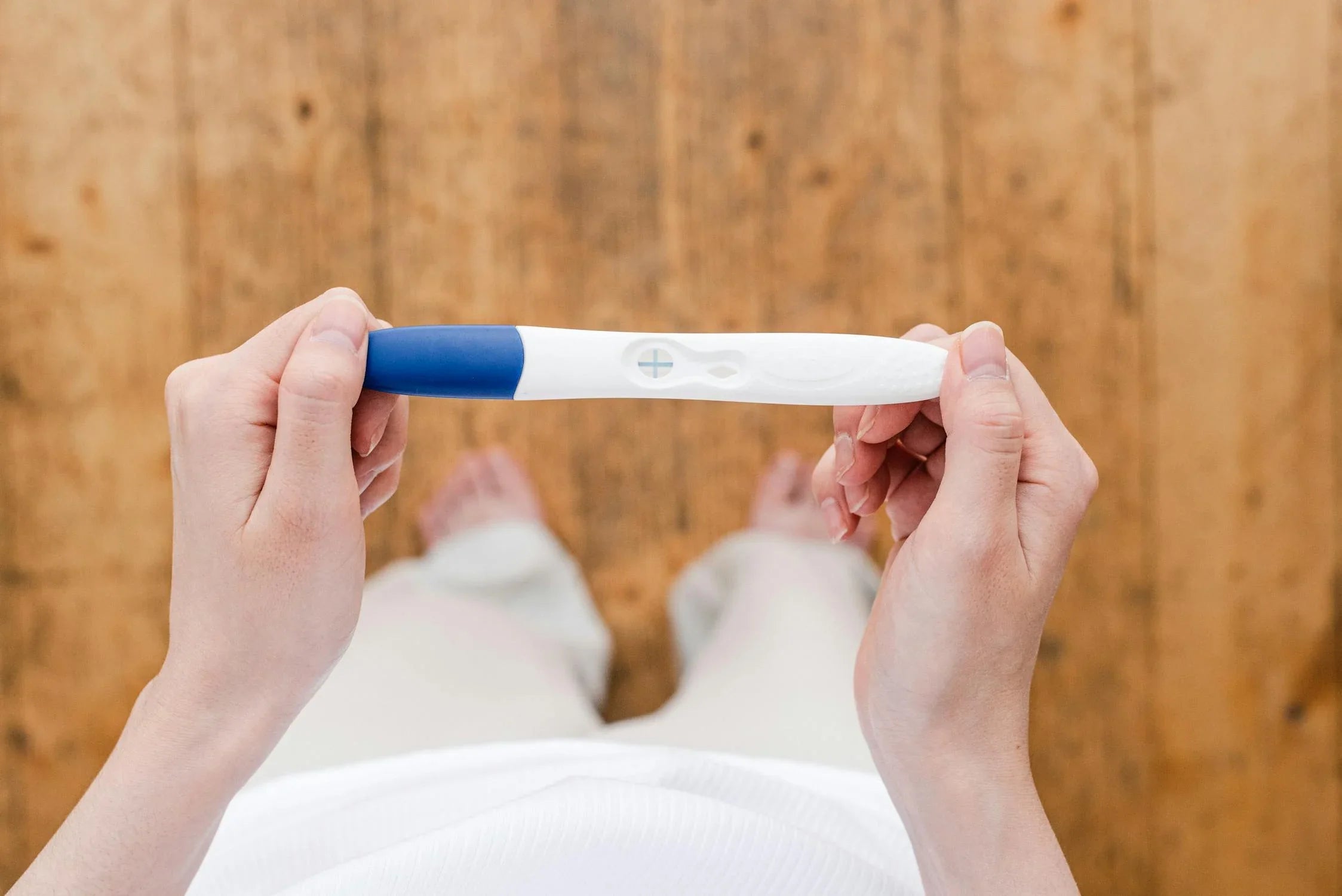Home
Pregnancy, Breastfeeding, and Pumping: The Ultimate Guide for Moms
When Is the Best Time to Take a Pregnancy Test?

When Is the Best Time to Take a Pregnancy Test?
When is the best time to take a pregnancy test? This question is on the minds of many women who suspect they might be pregnant. The timing of the test can significantly impact its accuracy, so understanding when to take it is crucial. Whether you're eagerly hoping for a positive result or nervously awaiting confirmation, knowing the right time to test can make all the difference.
Understanding How Pregnancy Tests Work
Pregnancy tests detect the presence of human chorionic gonadotropin (hCG), a hormone produced by the placenta after a fertilized egg attaches to the uterine lining. hCG levels rise rapidly in early pregnancy, typically doubling every 48 to 72 hours. Most home pregnancy tests are designed to detect hCG in urine, while blood tests performed by healthcare providers can detect even lower levels of the hormone.
When to Take a Pregnancy Test
The best time to take a pregnancy test depends on several factors, including the type of test, the sensitivity of the test, and the timing of ovulation and implantation. Here are some key considerations:
After a Missed Period
The most reliable time to take a pregnancy test is the day after your missed period. By this time, hCG levels are typically high enough to be detected by most home pregnancy tests. Testing too early can result in a false negative, even if you are pregnant.
Early Testing with Sensitive Tests
Some pregnancy tests are more sensitive and can detect lower levels of hCG. These tests may provide accurate results as early as 7 to 10 days after ovulation, but the likelihood of accuracy increases as you get closer to your expected period. However, even with sensitive tests, the accuracy increases the closer you get to your expected period.
Testing in the Morning
For the most accurate results, take the test with your first morning urine, when hCG concentration is highest. This increases the likelihood of detecting hCG if it is present.
Factors That Can Affect Test Accuracy
Several factors can influence the accuracy of a pregnancy test, including:
Timing of Implantation
Implantation usually occurs between 6 and 12 days after ovulation. If implantation happens later than usual, hCG levels may not be high enough to detect immediately after a missed period.
Medications and Medical Conditions
Certain medications, such as fertility treatments containing hCG, can affect test results. Additionally, medical conditions like ectopic pregnancy or molar pregnancy can also impact hCG levels.
User Error
Incorrect usage of the test, such as not following the instructions or using an expired test, can lead to inaccurate results.
Interpreting the Results
Understanding how to read a pregnancy test is just as important as knowing when to take it. Most tests display results as lines, symbols, or digital readings. A positive result usually indicates pregnancy, while a negative result means hCG was not detected at a measurable level. However, false positives and false negatives can occur, so it's essential to confirm the results with a healthcare provider if there is any doubt.
What to Do After Taking a Pregnancy Test
If your test is positive, schedule an appointment with your healthcare provider to confirm the pregnancy and begin prenatal care. If the test is negative but you still suspect you might be pregnant, wait a few days and retest. If your period still doesn’t start, consult your doctor for further evaluation.
When is the best time to take a pregnancy test? The answer depends on your unique situation, but waiting until after a missed period and using a sensitive test in the morning can increase accuracy. Whether you're hoping for a positive or negative result, understanding the timing and factors that influence test outcomes can help you navigate this important moment with confidence.
Share


